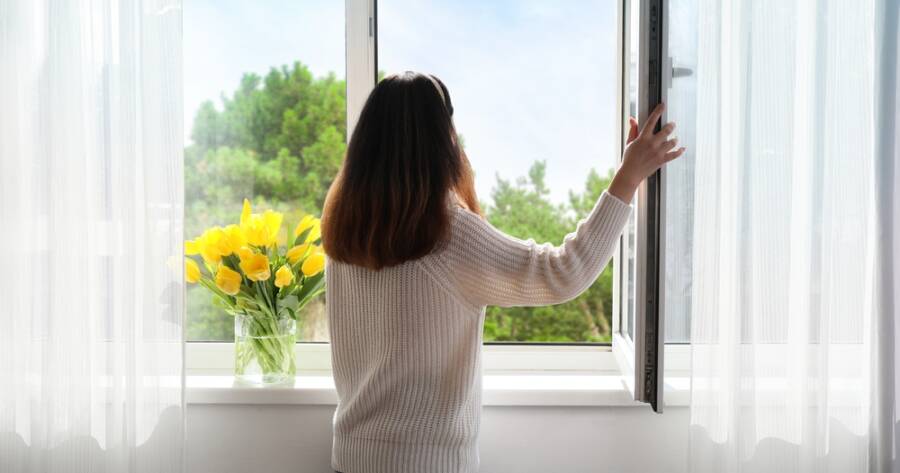In a world filled with distractions, endless choices, and constant demands, simplicity can feel out of reach. Yet, embracing minimalism can lead to greater clarity, peace, and purpose. Minimalism isn’t just about owning fewer things—it’s about creating space for what truly matters. By removing excess, you can focus on experiences, relationships, and goals that bring lasting fulfillment.
Understanding the Meaning of Minimalism
Minimalism is often misunderstood as an extreme lifestyle of owning almost nothing. In reality, it’s about being intentional with what you keep in your life—both physically and mentally. It means letting go of distractions and unnecessary burdens so you can prioritize what brings you value.
For some, this might involve decluttering their homes, while for others, it may mean simplifying their schedules or reducing commitments that don’t align with their priorities. Minimalism is a personal journey, not a rigid set of rules. The goal is to remove the things that overwhelm you and create a life that feels lighter and more meaningful.
Decluttering Your Physical Space
A cluttered environment can contribute to stress and mental fatigue. When your home is filled with items you don’t need, it can be harder to focus and feel at ease. Simplifying your space doesn’t mean throwing everything away—it means keeping only the things that serve a purpose or bring joy.
Start by going through one area at a time, such as a closet or a kitchen. Ask yourself: Do I use this regularly? Does it add value to my life? If the answer is no, consider donating or repurposing it. A clean, organized space creates a sense of calm and allows you to appreciate what you have instead of constantly seeking more.
Simplifying Your Daily Routine
Life can feel overwhelming when your schedule is packed with obligations. Many people fill their days with tasks and commitments without considering whether they are truly necessary. Simplifying your routine can help you reclaim time for activities that genuinely enrich your life.
Take a closer look at how you spend your time. Are there tasks you do out of habit rather than necessity? Are you saying yes to things out of obligation instead of genuine interest? Cutting out non-essential activities allows you to focus on what matters most, whether that’s personal growth, relationships, or relaxation.
Reevaluating Your Digital Consumption
In today’s world, information overload is a real challenge. Constant notifications, endless scrolling, and digital distractions can leave you feeling mentally drained. Minimalism extends beyond physical belongings—it also applies to your digital life.
Consider reducing screen time, unsubscribing from emails that don’t add value, and limiting social media use. Instead of consuming content mindlessly, be intentional about what you read, watch, and engage with. A simplified digital space can lead to improved focus and a greater sense of control over your time.
Focusing on Quality Over Quantity
Minimalism encourages choosing quality over quantity in all aspects of life. This applies to the things you own, the relationships you nurture, and the commitments you take on. When you prioritize quality, you naturally reduce excess.
Instead of filling your home with cheap, short-lived items, invest in things that are well-made and meaningful. Instead of trying to maintain dozens of casual friendships, focus on deep, meaningful connections. And instead of chasing constant busyness, commit to activities that truly align with your values.
Finding Contentment in Less
A major benefit of minimalism is the ability to feel content with what you have. Many people fall into the trap of always wanting more—more possessions, more success, more validation. But true fulfillment doesn’t come from accumulating things; it comes from appreciating what’s already present.
Practicing gratitude can help shift your mindset. When you focus on what you already have, you stop feeling the need to constantly chase after more. Minimalism isn’t about deprivation—it’s about realizing that you already have enough.
Embracing a Simpler, More Fulfilling Life
Minimalism is about making room for what truly matters. By clearing out unnecessary clutter, simplifying routines, and focusing on quality over quantity, you can create a life that feels more intentional and fulfilling.
Letting go of excess allows you to invest in experiences, relationships, and personal growth. In the end, simplifying your life isn’t about having less—it’s about making space for more of what brings you joy.

